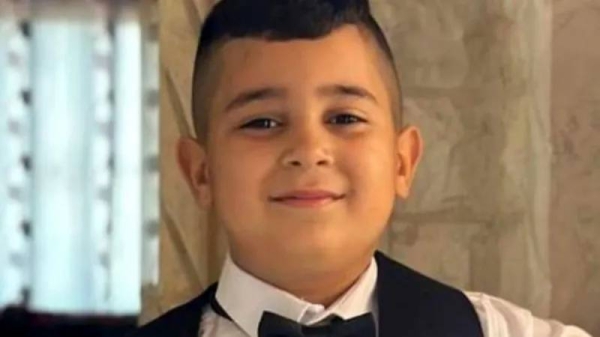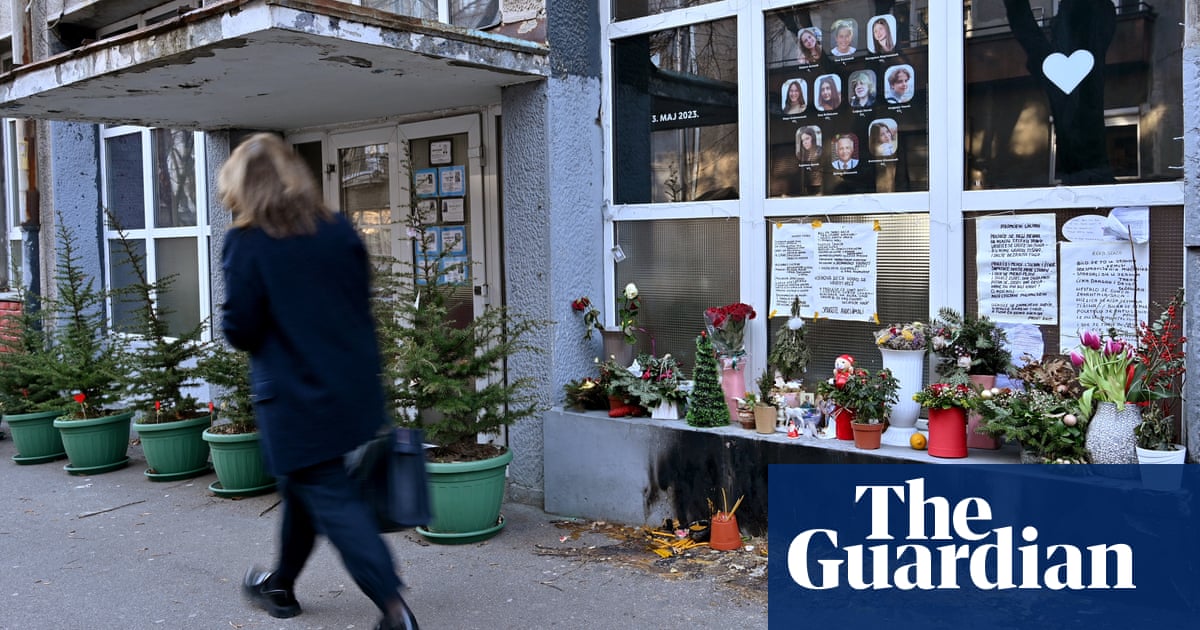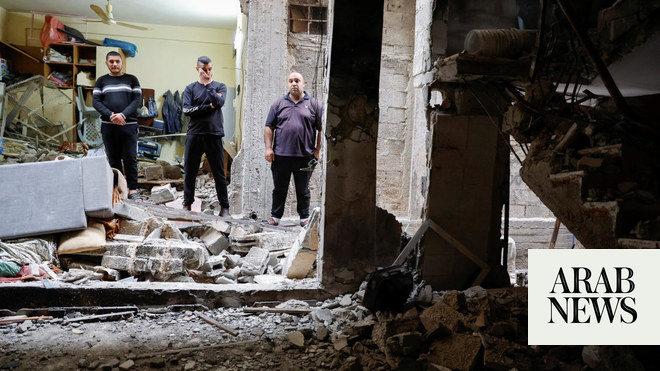
In the early afternoon of 29 November last year, several Palestinian boys descended on to their street in the occupied West Bank, where they often played together.
Minutes later, two of them lay dead from gunshots fired by Israeli soldiers -- Basil, 15, and eight-year-old Adam.
As part of an investigation into the conduct of Israel"s security forces in the West Bank, which has been under military occupation for more than half a century, the BBC has pieced together what happened on the day the two boys were killed.
Mobile phone and CCTV footage, information about the movements of Israel"s military, witness testimony and detailed investigation of the scene, including taking measurements, combine to reveal evidence suggesting serious human rights violations.
The evidence we found has prompted Ben Saul, UN special rapporteur on human rights and counter-terrorism, to say the death of Adam appears to be a "war crime".
Another legal expert, Dr Lawrence Hill-Cawthorne, described the use of lethal force as “indiscriminate”.
The Israel Defense Forces (IDF) said the circumstances of the deaths were “under review” but said “live fire is used only in order to remove immediate threats or for arrest purposes, following arrest protocols after exhausting other options”.
With violence having surged in the West Bank in the months since Hamas"s attack on Israel from Gaza on 7 October, the BBC has also found evidence of Palestinian homes being vandalized with graffiti, Palestinian civilians threatened with weapons and told to leave the territory for neighboring Jordan, and the possible mutilation of the body of a Palestinian gunman.
Video footage from 29 November shows Basil standing next to a hardware store, its shutters firmly locked down. When Israel"s military arrives, shops close quickly in Jenin, a city in the West Bank - Palestinian territory which, unlike Gaza, is not run by Hamas.
Witnesses said gunfire had been ringing out from a nearby operation by Israel"s army in the Jenin refugee camp.
Adam, a football fanatic and massive Lionel Messi fan, stood with his older brother Baha, 14. There were about nine boys on the street in total, all captured on CCTV cameras that provided a nearly 360-degree view of what happened next.
A few hundred meters away, a convoy of at least six armored Israeli military vehicles turned a corner and began heading toward the boys, who clearly became uneasy. Several of the boys started to move away.
At this precise moment, mobile phone footage shows the front door of an armored vehicle opened. The soldier inside had a direct view of the boys. Basil had darted into the middle of the road, while Adam was 12m further from the soldiers, running away.
Then at least 11 gunshots rang out.
Examining the scene, the BBC found the bullets struck a wide area. Four bullets hit a metal pole, two the shutter of the hardware store, one burrowed its way through the bumper of a parked car, and another pierced a handrail.
Medical reports obtained by the BBC show that two shots hit Basil in the chest.
Another bullet struck eight-year-old Adam in the back of the head as he ran away; his older brother Baha desperately tried to drag him to cover, leaving a trail of blood as he screamed for an ambulance.
But it was too late. Baha said Adam and his friend Basil died in front of him.
“I was in a state of shock; I wasn’t even thinking about myself. I tried to speak to him. I started saying, ‘Adam, Adam!’ But his soul was basically leaving his body because he didn"t answer,” Baha told the BBC tearfully.
Before being shot, Basil can be seen clutching something in his hand. It is not clear what it is. The IDF later shared a picture taken at the scene, which it says shows an explosive device.
Evidence from our investigation of the scene was shared with a number of independent experts, including human rights lawyers, a war crimes investigator and a counter-terrorism expert, as well as members of the UN and other, neutral bodies. Some gave their analysis anonymously.
The experts agreed the incident should be investigated and some went further, saying there appeared to be violations of international law.
Ben Saul, the UN special rapporteur on human rights and counter-terrorism, said there may be questions about whether lethal force could have been used legally in Basil"s case, if he was holding an explosive.
"For Adam, this appears to be a violation of the International Humanitarian Law prohibitions on deliberately, indiscriminately or disproportionately attacking civilians, a war crime, and a violation of the human right to life," Saul said.
Dr Lawrence Hill-Cawthorne, co-director of the Centre for International Law at the University of Bristol, said: "The soldiers were in armored vehicles. Even if there was a threat, they should have driven away and planned an arrest, rather than defaulting to apparently indiscriminate, lethal force, which is a violation of international law.”
The IDF said the suspects had been about to hurl explosives towards their forces, putting them in immediate danger. "The troops responded with fire and hits were identified," Israel"s military said.
But according to the video evidence we have examined and witness testimony, Adam did not appear to have been armed and had been running away when he was shot in the back of the head.
The IDF said the circumstances of Basil and Adam"s deaths are "under review", which it does routinely for every death of a child in the West Bank due to IDF activity.
But several former Israeli soldiers who viewed the BBC"s evidence said they believed Israel’s legal system would protect soldiers who used lethal force, regardless of whether it was justified.
One former sergeant who served in the West Bank from 2018-2020, said it would take "an Israeli soldier murdering a Palestinian at zero range for it to be taken as murder in Israel" and "there is basically a 0% chance of criminal proceedings" against a soldier in cases such as Adam"s.
Data from the Israeli human rights group Yesh Din suggests that fewer than 1% of all complaints against Israeli soldiers result in prosecutions. — BBC












